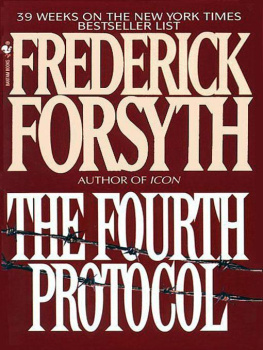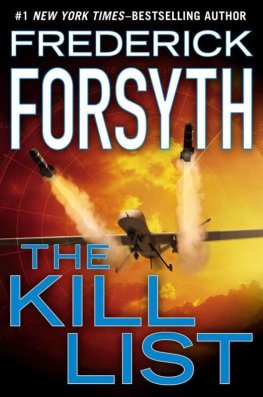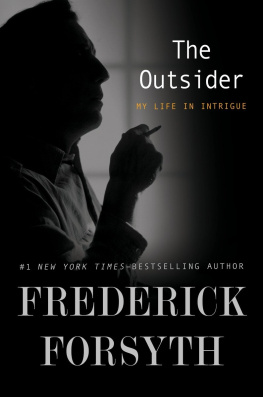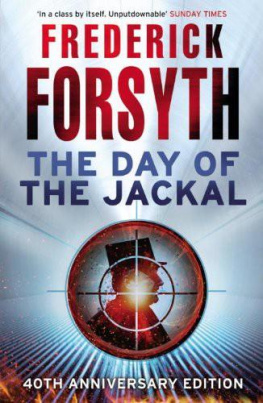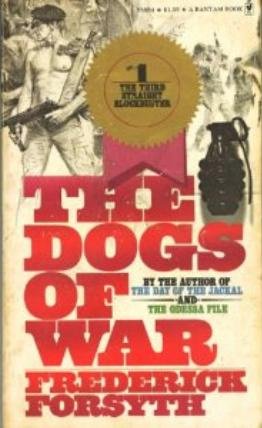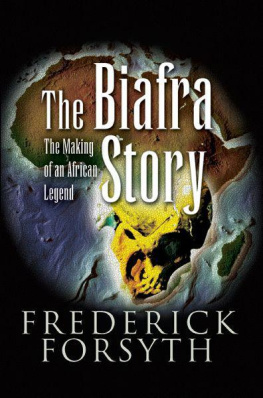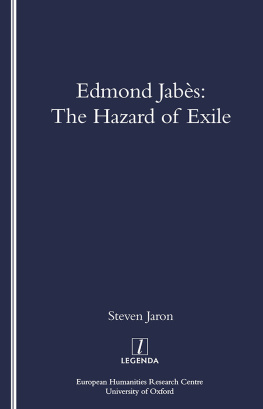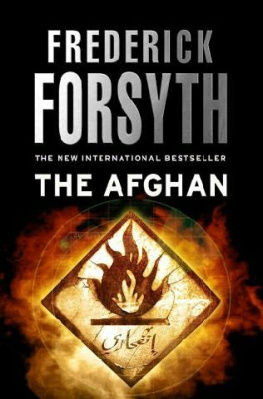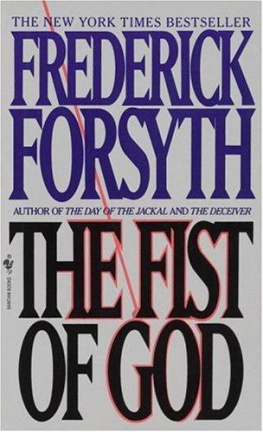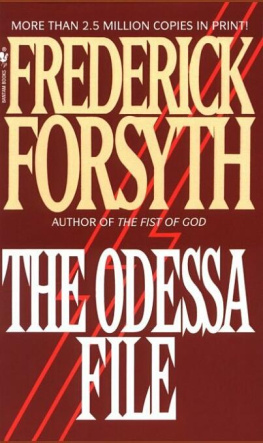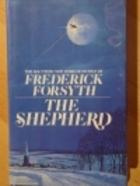
It was the seventh time they had pushed the American boy down into the liquid excrement of the cesspit that he failed to fight back and died down there, every orifice filled with unspeakable filth.
When they were done, the men put down their poles, sat on the grass, laughed, and smoked. Then they finished off the other aid worker and the six orphans, took the relief agency off-road, and drove back across the mountain.
It was May 15, 1995.
He leaned into the gradient and once again fought the enemy of his own pain. It was a torture and a therapy. That was why he did it.
Those who know often say that of all the disciplines the triathlon is the most brutal and unforgiving. The decathlete has more skills to master, and putting the shot needs more brute strength; but for fearsome stamina and the capacity to meet the pain and beat it, there are few trials like the triathlon.
The runner had risen as always on training days well before dawn. He drove his pickup to a distant New Jersey lake, dropping off his racing bicycle on the way, chaining it to a tree for safety. At two minutes after five, he set the chronometer on his wrist, pulled the sleeve of the neoprene wetsuit down to cover it, and entered the icy water.
It was the Olympic triathlon that he practised, with distances measured in metric lengths. A fifteen-hundred-meter swim-as near as dammit one mile-out of the water, strip fast to undershirt and shorts, mount the racing bike, then forty kilometres crouched over the handlebars, all of it at the sprint. He had long ago measured the mile along the lake from end to end and knew exactly which tree on the far bank marked the spot he had left the bike. He had marked out his forty kilometres along the country roads, always at that empty hour, and knew which tree was the point to abandon the bike and start the run. Ten kilometres was the run, and there was a farm gatepost that marked the twoclickstogo point. That morning he had just passed it. The last two kilometres were uphill, the final heartbreaker, the no-mercy stretch.
The reason it hurt so much is that the muscles needed are all different. The powerful shoulders, chest, and arms of a swimmer are not normally needed by a speed cyclist or marathon man. They are just extra poundage that has to be carried.
The speed-blurred driving of the legs and hips of a cyclist are different from the tendons and sinews that give the runner the rhythm and cadence to eat up the miles underfoot. The repetitiveness of the rhythms of one exercise does not match those of the other. The triathlete needs them all, then tries to match the performances of three specialist athletes one after the other.
At age twenty-five it is a cruel event. At the age of fifty-one, it ought to be indictable under the Geneva Convention. The runner had passed his fiftyfirst the previous January. He dared a glance at his wrist and scowled. Not good; he was several minutes down on his best. He drove harder against his enemy.
The Olympians were looking at just under two hours; the New Jersey runner had clipped two hours twenty. He was almost at that time now, and he still had almost two kilometres to go.
The first houses of his hometown came into view around a curve in Highway 30. The old, prerevolution village of Pennington straddles Route 31, just off Interstate 95, running down from New York, through the state, and on to Philadelphia, Baltimore, then Washington.
There is not much to Pennington, one of a million neat, clean, tidy, neighbourly small towns that make up the overlooked and underestimated heart of the United States. A single major crossroads at the centre where West Delaware Avenue crosses Main Street, several wellattended churches of three denominations, a First National Bank, a handful of shops, and off-the-street residences scattered down the tree-clothed byroads.
The runner headed for the crossroads, half a kilometre to go. He was too early for a coffee at the Cup of Joe or breakfast at Vito's Pizza, but even had they been open he would not have stopped.
South of the junction he passed the Civil War vintage, white clapboard house with the shingle of Calvin Dexter, attorney-at-law, next to the door. It was his office, his shingle, and his law practice, save for the occasions when he took time off and went away to attend to his other practice. Clients and neighbours accepted that he took fishing vacations now and then, knowing nothing of the small apartment under another name in New York City.
He drove his aching legs that last five hundred yards to reach the turning into Chesapeake Drive at the south end of town. That was where he lived, and the corner marked the end of his self-imposed Calvary. He slowed, stopped, and hung his head, leaning against a tree, sucking in oxygen to heaving lungs. Two hours, thirty-six minutes. Far from his best. That there was probably no one within a hundred miles who, aged fifty-one, could come near it was not the point. The point, as he would never dare to explain to the neighbours who grinned and cheered him on, was to use the pain to combat the other pain, the always pain, the pain that never went away, the pain of lost child, lost love, lost everything.
The runner turned into his street and walked the last two hundred yards. Ahead of him he saw the paperboy hurl a heavy bundle onto his porch. The kid waved as he cycled past, and Cal Dexter waved back.
Later he would take his motor scooter and go retrieve his truck. With the scooter in the rear, he would drive home, picking up the racing bike along the road. First he needed a shower, some high-energy bars, and the contents of several oranges.
On the stoop he picked up the bundle of mail and news-papers, broke them open, and looked.
Calvin Dexter, the wiry, sandy-haired, friendly, smiling attorney of Pennington, New Jersey, had been born with close to nothing in terms of a worldly advantage.
He'd been created in a Newark slum, rife with roaches and rats, and came into the world in January 1950, the son of a construction worker and a waitress at the local diner. His parents, according to the morality of the age, had had no choice but to marry when a meeting in a neighbourhood dance hall and a few drinks too many had led to things getting out of hand and his own conception.
His father was not a bad man, by his lights. After Pearl Harbour he had volunteered for the armed forces, but as a skilled construction worker he had been deemed more useful at home, where the war effort involved the creation of thousands of new factories, dockyards, and government offices.
He was a hard man, quick with his fists, the only law on many blue-collar jobs. But he tried to live by the straight and narrow, bringing his pay straight home unopened, trying to raise his toddler son to love Old Glory, the Constitution, and Joe DiMaggio.
But when the Korean War ended, the job opportunities gradually slipped away. Only the industrial blight remained, and the unions were in the grip of the Mob.
Calvin was five when his mother left. He was too young to understand why. He knew nothing of the loveless union his parents had had, accepting with the philosophical endurance of the very young that people always shouted and quarrelled. He knew nothing of the travelling salesman who had promised her bright lights and better frocks. He was simply told she had "gone away."
He had accepted that his father was now home each evening, looking after him instead of having a few beers after work, staring glumly at a foggy television screen. It was not until his teens that he learned his mother, abandoned in her turn by the travelling salesman, had tried to return but been rebuffed by his angry and bitter father.
Next page

